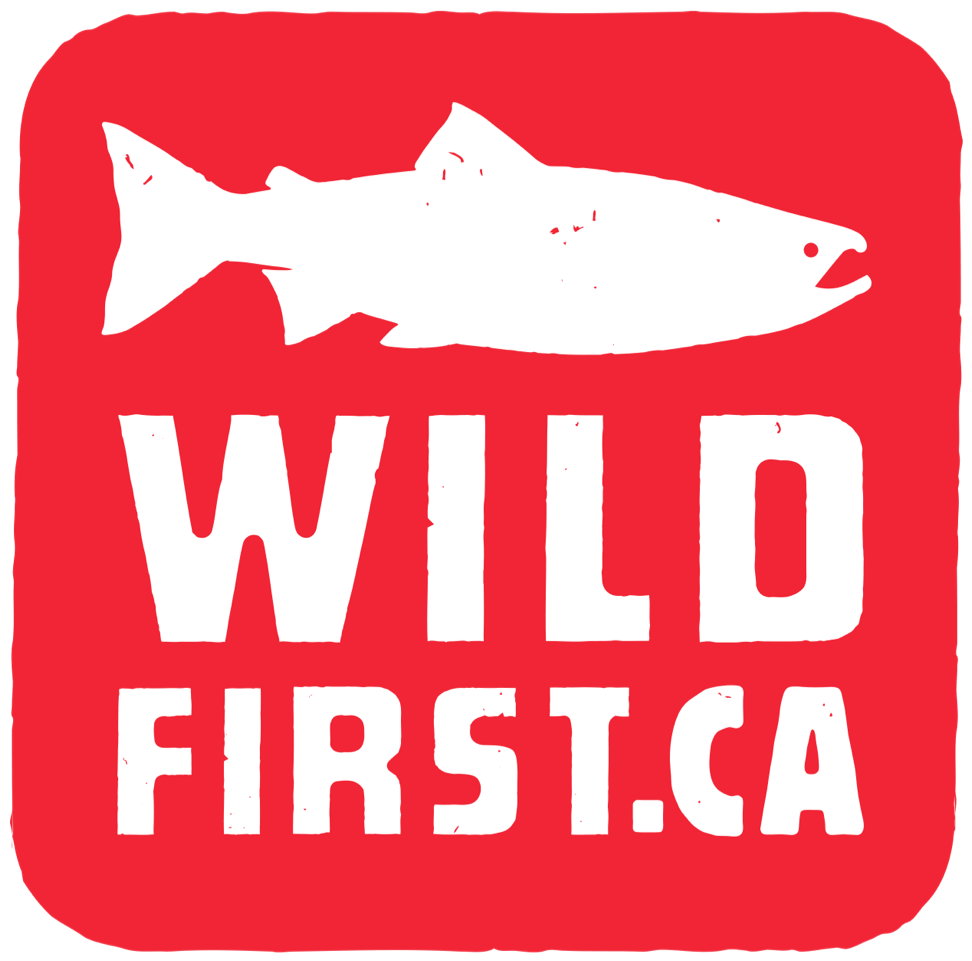New Mainstreet Poll: Greater Awareness Spikes Support for Unsustainable Salmon-Farming Ban
A Mainstreet Research poll of BC residents shows that support for a ban of open-net pen fish farming increases as awareness of the negative environmental impact of fish farming grows.
In the final release of an extensive study conducted in April among BC residents, the Mainstreet study concludes that opposition to open-net pen salmon farms – already high – will continue to grow until governments take action.
“We asked a subsample of our respondents some questions measuring their awareness of the detriment that these salmon farms have on the environment”, said Quito Maggi, President and CEO of Mainstreet Research. “So some respondents were asked these awareness questions while others weren’t.”
“The difference between the two subsamples is striking,” continued Maggi. “When asked these awareness questions, support for a ban increased.” The study found a significant increase (4%) among those who agree that the farms are a danger to wild salmon populations.
“As there is near consensus in BC about protecting wild salmon, this issue will surely grow in importance,” Maggi concluded. “I’d be concerned if I were government – either in Victoria or Ottawa. The status quo is not a winning policy.”
“BC residents’ views on protecting wild salmon – a keystone species – increase to two-thirds when they learn about the ecological harm that these farms cause. This final part of the study is strong evidence that the public wants us to step up our efforts,” said Tavish Campbell from the Wild First coalition, which was formed to draw attention to the deleterious impacts of traditional salmon farming.
Campbell is also known for a series of exposés about the industry, including the dumping of raw disease-contaminated blood into wild salmon migration routes by aquaculture processing plants, and about sea bed contamination under fish farms which has been killing endangered glass sponges.
“A clear majority of British Columbians think that governments must act to protect wild salmon,” Campbell went on. “They also support banning open net-pen farming, and they think that the so-called ‘economic benefits’ are a bad deal for BC because of the irreparable ecological damage that these farms create.”
“This is a clear democratic case for immediate action from both provincial and federal governments to protect wild salmon and encourage sustainable aquaculture,” Campbell concluded.
The Mainstreet survey findings are part of a larger survey commissioned by Wild First that looked at provincial and federal issues. All four reports can be found at www.mainstreetresearch.ca.
